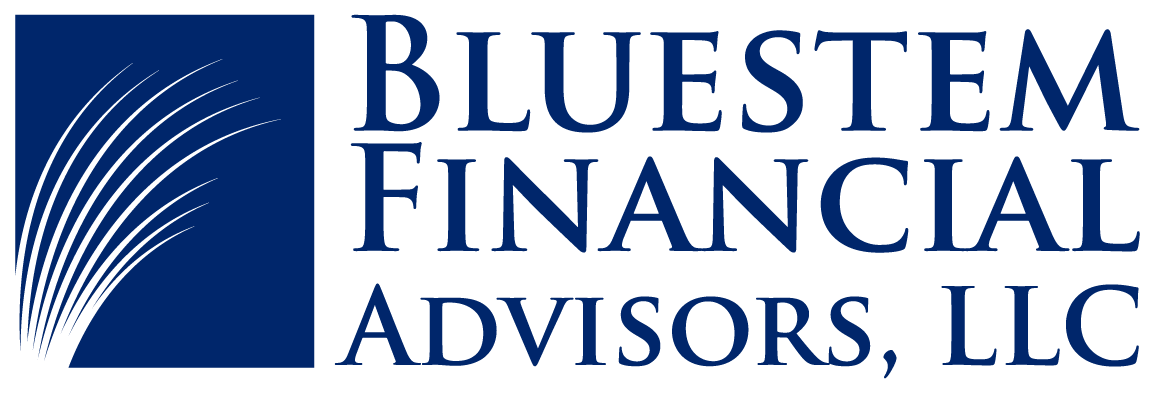Creating your estate documents is an essential part of a well-built financial plan but knowing what to do with those documents once they’re signed is just as important.
So, who needs copies? Where should they be stored? And what else should you be thinking about when it comes to organizing this important part of your legacy?
Here are some best practices to keep in mind.
What to Include
At a minimum, your estate plan should include:
Last Will and Testament
Powers of Attorney (for property and for healthcare)
Any Trust documents, if it’s a good fit for your situation
Advance Directives, such as a Living Will or Health Care Proxy
These are the tools your loved ones and trusted agents will rely on if you become incapacitated or pass away, so it's important that they're both complete and accessible.
Where Store Them and who should have them
Your attorney will likely keep the original on file, but we recommend the following:
Keep your own original documents in a safe, secure, and accessible location, such as a fireproof home safe or a bank lockbox.
Maintain electronic copies for easy access and sharing when needed.
Make sure anyone named in your documents, such as your executor or power of attorney agent, has a copy or knows how to access one.
Just as important, make sure these people know where the documents are kept and how to access them. If the documents are in a lockbox, for example, they'll need to be listed as an authorized user. If stored in a safe, they'll need the code.
Think Beyond the Paper
Estate planning is more than just signing documents. It’s about helping someone step into your shoes during a difficult time. That person will likely be facing a number of logistical tasks, but they’ll also be carrying emotional weight. The more guidance you can give them, the better.
Try walking through your daily life and asking yourself: if someone else had to manage this, what would they need to know?
What bills are paid automatically?
Who should they contact for help?
What accounts do you hold, and where?
What devices or platforms hold important digital information and how can those trusted individuals access them?
More companies, including Google, are beginning to offer “digital legacy” features that allow someone you trust to access certain accounts after you pass away. These tools can be worth looking into as part of your broader planning. For more information about your digital legacy, check out our Tip of the Month on that topic.
Talk About It
The most important step you can take is simply to talk to the people you've chosen to help manage your affairs. These topics can be tough, but honest communication makes a world of difference.
____
Intentional planning and proactive communication go a long way in supporting the people you trust and love. If you, a friend, or someone in your family is thinking about estate planning, wants help weaving legacy into their financial plan, or is managing the affairs of a loved one, they should know that estate planning doesn't have to be overwhelming. Whether it’s help organizing your documents, talking through your legacy wishes, or coordinating with your attorney, let’s start the conversation — Bluestem is here to help.

